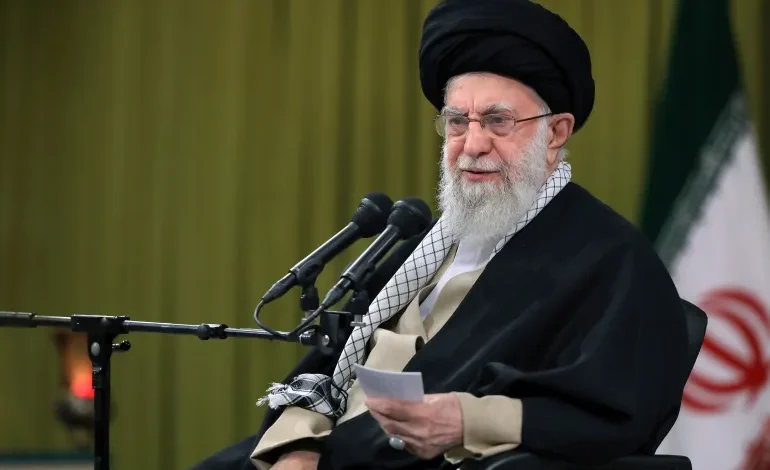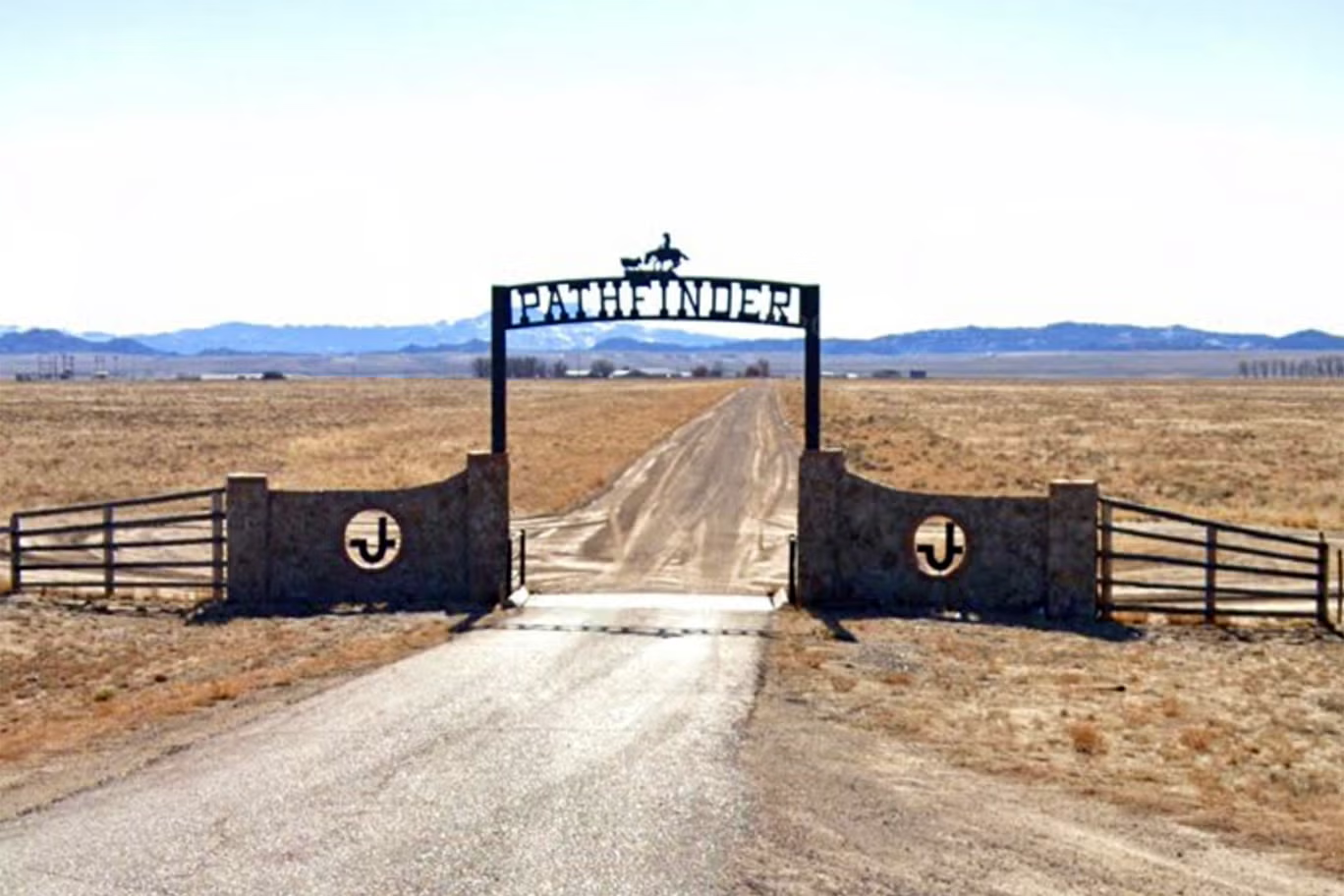US, Iran to Resume Nuclear Talks in Rome Amid Standoff Over Uranium Enrichment

Iran and the United States are set to hold another round of nuclear talks in Rome on Friday, according to Oman’s Foreign Minister Badr Albusaidi, Al Jazeera reports.
The announcement comes despite mounting tensions and an apparent deadlock over the issue of uranium enrichment — a key sticking point in long-running negotiations.
The planned meeting marks a continuation of indirect diplomacy facilitated by Oman, following weeks of intensified rhetoric from both Washington and Tehran over Iran’s nuclear ambitions.
At the heart of the dispute is the United States’ demand that Iran halt all uranium enrichment — a position that Iranian officials have flatly rejected. Enrichment is a critical part of the nuclear fuel cycle, and while it can be used for civilian energy purposes, it also opens the door to potential weapons development if taken to higher levels of purity.
On Tuesday, Iran’s Supreme Leader Ayatollah Ali Khamenei dismissed the U.S. position as unrealistic and offensive.
“Saying things like ‘We will not allow Iran to enrich uranium’ is nonsense,” he was quoted as saying by the semi-official Mehr News Agency. “Iran does not need permission from America to exercise its sovereign rights.”
The comments were a direct response to U.S. lead negotiator Steve Witkoff, who recently called enrichment a “red line,” warning that Washington “cannot allow even 1 percent of an enrichment capability.”
The Biden administration — continued under President Donald Trump’s renewed second term — insists that Iran can meet its civilian nuclear needs by importing enriched uranium rather than producing it domestically. U.S. officials argue that Iran’s enrichment program poses an inherent risk of weaponisation, despite Tehran’s repeated denials that it is pursuing nuclear weapons.
“Iran has a right to peaceful nuclear energy,” said Iranian Foreign Minister Abbas Araghchi earlier this week. “But we will never accept terms that strip us of that right under the guise of nonproliferation.”
Araghchi also suggested that the U.S. position may be evolving, noting discrepancies between American officials’ public and private statements. “There is no scenario in which Iran gives up enrichment,” he said in a social media post.
Tensions between the two countries have remained high since 2018, when then-President Trump withdrew from the Joint Comprehensive Plan of Action (JCPOA) — a multilateral agreement under which Iran had significantly curbed its nuclear program in exchange for relief from international sanctions.
Since exiting the deal, the Trump administration has implemented a “maximum pressure” campaign, reimposing harsh sanctions on Iran and vowing to reduce its oil exports to zero. That campaign has continued during Trump’s second term, which began in January 2025, with additional measures targeting Iran’s economy and energy sector.
Trump has repeatedly warned that he will not allow Iran to acquire a nuclear weapon and has threatened military action if diplomacy fails.
Despite the heated rhetoric, recent months have seen renewed efforts to restart dialogue, with Oman playing a key mediating role. Talks resumed in April, but both sides remain far apart on core issues, particularly enrichment.
It remains unclear whether the upcoming meeting in Rome can yield a breakthrough. While U.S. officials have expressed openness to continued negotiations, they have also insisted that time is running out for diplomacy.
Iran, meanwhile, continues to present a defiant front.
“We will continue to defend our rights,” said Khamenei. “Iran will not negotiate away its sovereignty.”









The latest news in your social feeds
Subscribe to our social media platforms to stay tuned